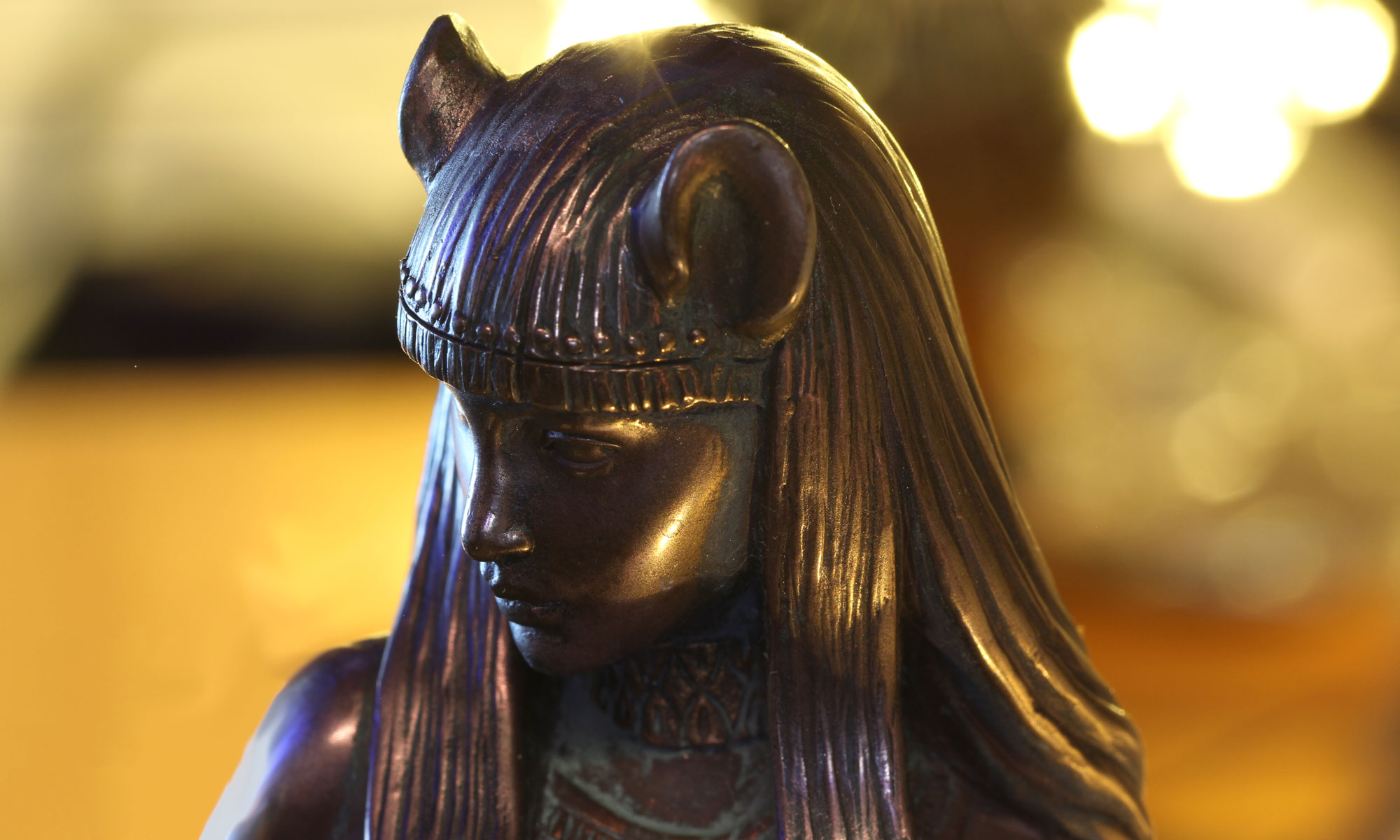by Patricia Monaghan
 The question of self-publication of goddess studies work has come up in two contexts at ASWM in the last year. First, there were several complaints from self-published authors about the rules for the new Sarasvati book awards, which require that books be nominated by their publishers, who could not also be their authors. Secondly, we sponsored a panel of publishers and editors at the San Francisco ASWM conference, at which the majority of attendees were more interested in self-publishing than in going through conventional publishing channels.
The question of self-publication of goddess studies work has come up in two contexts at ASWM in the last year. First, there were several complaints from self-published authors about the rules for the new Sarasvati book awards, which require that books be nominated by their publishers, who could not also be their authors. Secondly, we sponsored a panel of publishers and editors at the San Francisco ASWM conference, at which the majority of attendees were more interested in self-publishing than in going through conventional publishing channels.
What is happening here?
Self-publishing has never been easier. At least, it has never been easier to get your words out within paper covers. As a result, many people are choosing to ignore traditional publishing and go immediately out on their own. Unfortunately, this has meant a flood of books that would benefit from additional work including editing and design. And the authors, who often think that issuing the book will gain them prestige and attention, are disappointed to make few sales. Average sales of a self-published book are approximately 50 copies.
Yes, there are a few famous authors who have already established reputations through conventional publishing, who then launch out into self-publishing to build on those reputations. And there are a few, a very few, novice writers with a gift for self-promotion, who rise above the thousands of self-publishing novices to gain a following. Interestingly, that often translates into—a contract with a traditional publisher. Most self-published books fail to reach an audience beyond those who immediately know the author.
Why should goddess scholars think twice about self-publishing? There are several reasons:
1. Self-publishing is vanity publishing. That may seem harshly stated, but bookstores and libraries recognize the fact by refusing to stock or shelve self-published books. Vanity publishing has never had a good reputation, and that is not likely to change immediately (perhaps ever). Yes, people can point out that Walt Whitman published his own “Leaves of Grass.” But then, my darling elderly aunt, whom you have never heard of, also published her own work.
If what you want to do is see your own work out quickly and to have complete control over cover art, etc, self-publishing may satisfy you. But you cannot expect that libraries and bookstores will change their policies just for you; most book awards and review journals similarly will not accept your work. You may consider this unfair, but those who make the choice to self-publish should recognize that they have selected certain benefits over others.
2. Goddess scholarship, as a marginalized field, needs to make its voices heard in conventional venues. In order to gain academic credibility, goddess scholars need to “play the game”—go through the process of submitting to journals and book publishers, revising where necessary, reviewing others’ work in appropriate forums, and so forth. We need to see our work in libraries and bookstores; we need to see it reviewed in journals; we need to see it catalogued and indexed. Those who self-publish gain personal satisfaction, but that does not translate into greater credibility for our field. If editors are not receiving work on goddesses, they will not perceive there is interest in the subject.
3. Self-published work does not count for tenure or promotion. Goddess scholars in the academic world need to be aware that self-published work is worse than no published work, in terms of their c.v. Even those currently working outside the academy should be aware that self-publishing could inhibit their attempts to gain teaching jobs.
4. Publishers who are actively interested in goddess scholarship deserve our support. Goddess Ink Press is one such publisher, currently publishing primarily nonfiction and anthologies; in the area of poetry, Red Hen is open to goddess work; in fiction, Monkfish has published many goddess books. These are just a few of the publishers who have supported goddess scholars in the past. Why not support them back by offering your work to them?
ASWM has addressed the objections from self-publishers about their ineligibility for the Sarasvati Awards, and has sustained our original rules, for the reasons above. We encourage women to think very seriously about how to present and promote their work within conventional channels, and especially to support publishers already working with goddess scholars.


You must be logged in to post a comment.